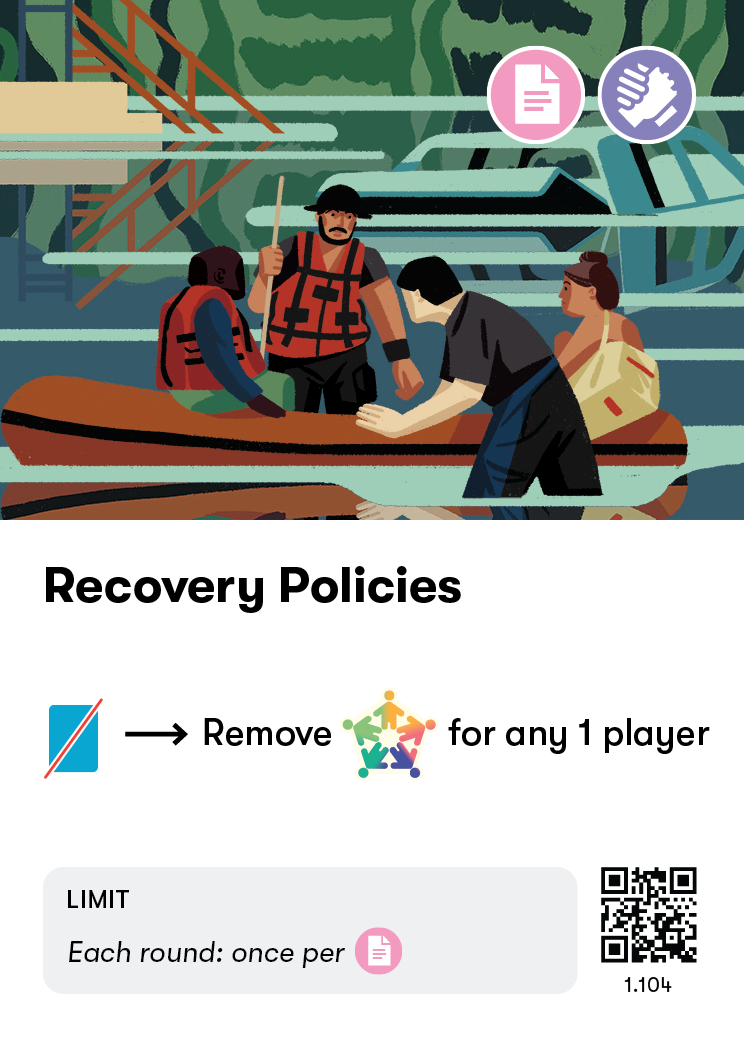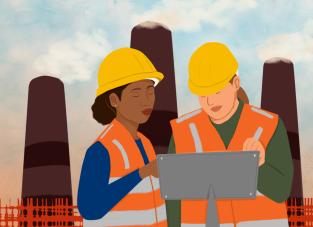Recovery Policies
Local Project
Recovery policies are the initiatives by the government, and sometimes businesses and networks, to help a community or area to regroup and move on from an emergency. Recovery policies sometimes include new regulations, to stop the same problems reoccurring. Sometimes policies are introduced that encourage people and businesses to spend in a certain way, or undertake new activities.
Recovery policies can be particularly effective where they incorporate wider priorities and targets - meaning that the area is rebuilt better, more resilient and more fair. The COVID-19 pandemic spurred many governments to develop policies around using open spaces for leisure activities like restaurants. Not only did this help businesses start up again, it helped people reconnect socially and spend time outside. Many governments are now investing more in disease and pandemic research.
Recovery policies are less effective where they involve weak regulations or investments into the same system that caused the disaster in the first place. After the 2008 Global Financial Crisis, regulations were introduced to restrict unsafe lending and try to prevent the crisis happening again - but many say these did not go far enough.
Recovery policies are commonly adopted after disasters as governments know they must be seen to do something to help populations get back on their feet. However, politicians may use the chaos and disruption of disaster situations to further their own agenda instead, benefitting from reduced public scrutiny into their actions. Lobbyists may also use the fragile situation to persuade governments to adopt their policies and ideas.
Discard 1 card from your hand, then remove 1 Community in Crisis from the player board of any one player (including yours).
You may take this action once per Regulation tag in this card's stack per round. (Each time you take this action, you may target the same or a different player.)

Green & Just Recovery Agenda (C40 Cities)
Focus on green recovery (Organisation for Economic Co-operation and Development, OECD)
Policy Responses to the Economic Crisis: Investing in Innovation for Long-Term Growth (Organisation for Economic Co-operation and Development, OECD)
Advocate for recovery policy announcements by governments and public bodies to consider other local priorities and goals, and work towards long term targets as well as resolving the short-term situation.
If you are able to, continue to scrutinize political decisions, write to elected representatives and engage in government decisions, to push back against unethical and corrupt political behavior emerging during the crisis
Join mutual aid groups and community networks, if you can, to support your community to rebuild and heal directly.



